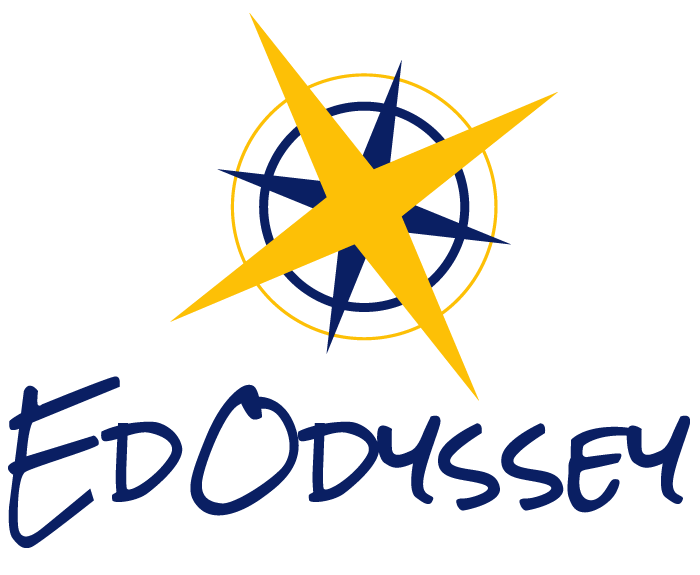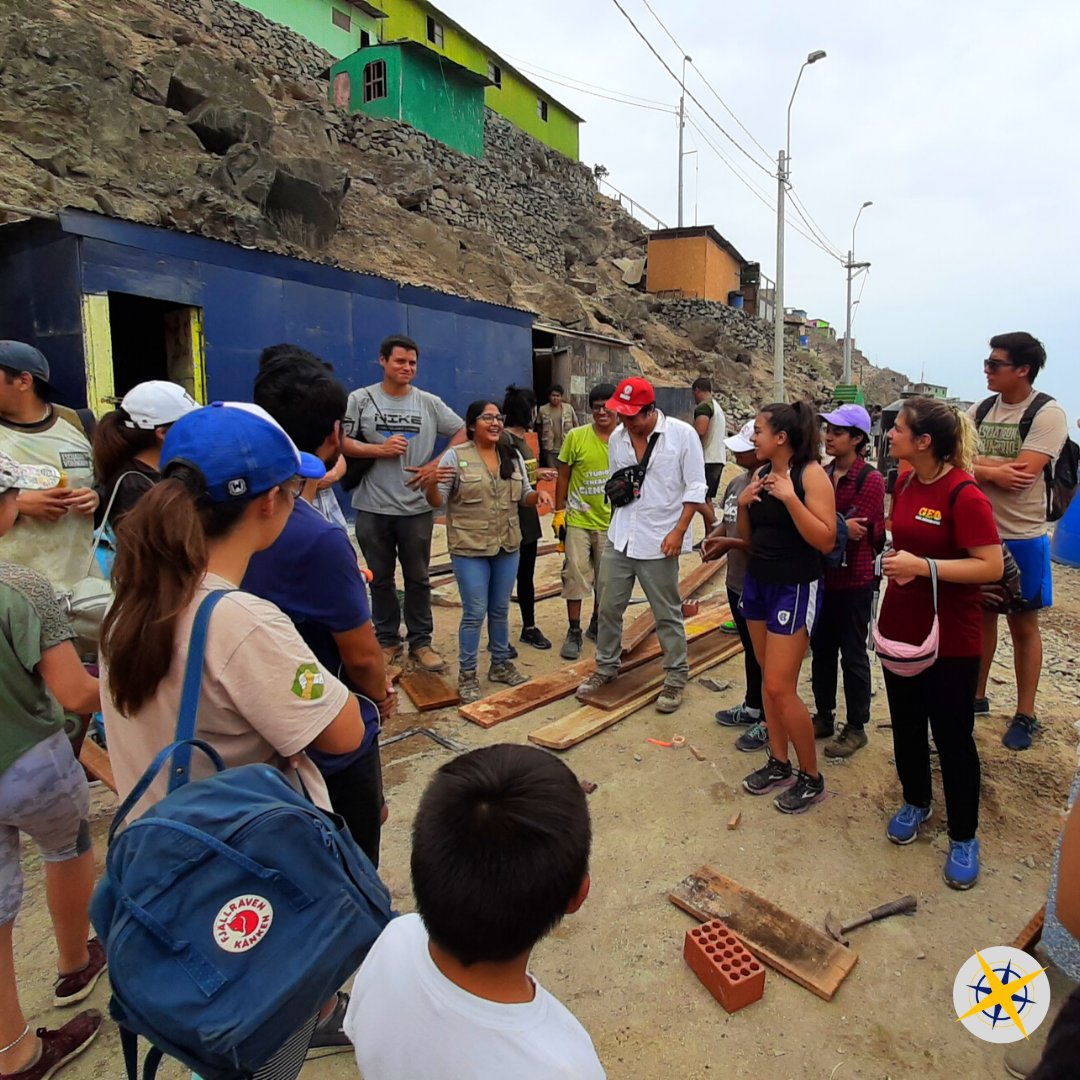Blog
Why Gratefulness in 2021 Matters
The entire world breathed a collective sigh of relief when the clock struck midnight on New Year’s Eve and the calendar read 2021. However, if you are still feeling exhausted, drained and stuck under the weight of 2020, our team wants to let you know that you are not alone and we felt important to reflect on this sentiment and to keep it all in perspective.
Starting International Education Week: An Open Letter to Students
Patty Valencia, EdOdyssey’s Peru Coordinator, explains how much study abroad have changed and enriched her life at the start of International Education Week!
Blending Academics and Culture: The Uniqueness Behind EdOdyssey's Virtual Study Abroad Program
Expand your academic experience this semester with courses that go beyond traditional online classes. Take part in EdOdyssey’s virtual study abroad program that uniquely combines a cultural learning module with academic course(s) at the top university in Peru.
The Peruvian Divide: Race, Ethnicity, Class & Status
The mission and responsibility of EdOdyssey starts with serving our students and the world through experiential learning. As leaders in international education, our organization feels compelled to raise our voice against racial discrimination and violence and to educate on the differences that exist within societies abroad.
Travel Prep and Planning Now: Benefits For Students and Teachers
At EdOdyssey, we believe that travel changes people, and people change the world. Visiting a foreign country invites people to pursue new experiences and adopt different viewpoints of the world. Like students, travelers are always learning new things and pondering how their new knowledge fits into their lives.
Peruvian History and Culture: Millennia of Civilization and A Changing Future Ahead
Peruvian History and Culture may sound like a class you could enroll in at your home institution, but taking the course through a program in the actual country brings a deeper perspective and relevancy to the topic. Furthermore, the instructors from PUCP are experts in their fields who live and breathe the Peruvian experiences themselves. They teach from what they study and observe in Peru firsthand.
Search previous blogs here.




